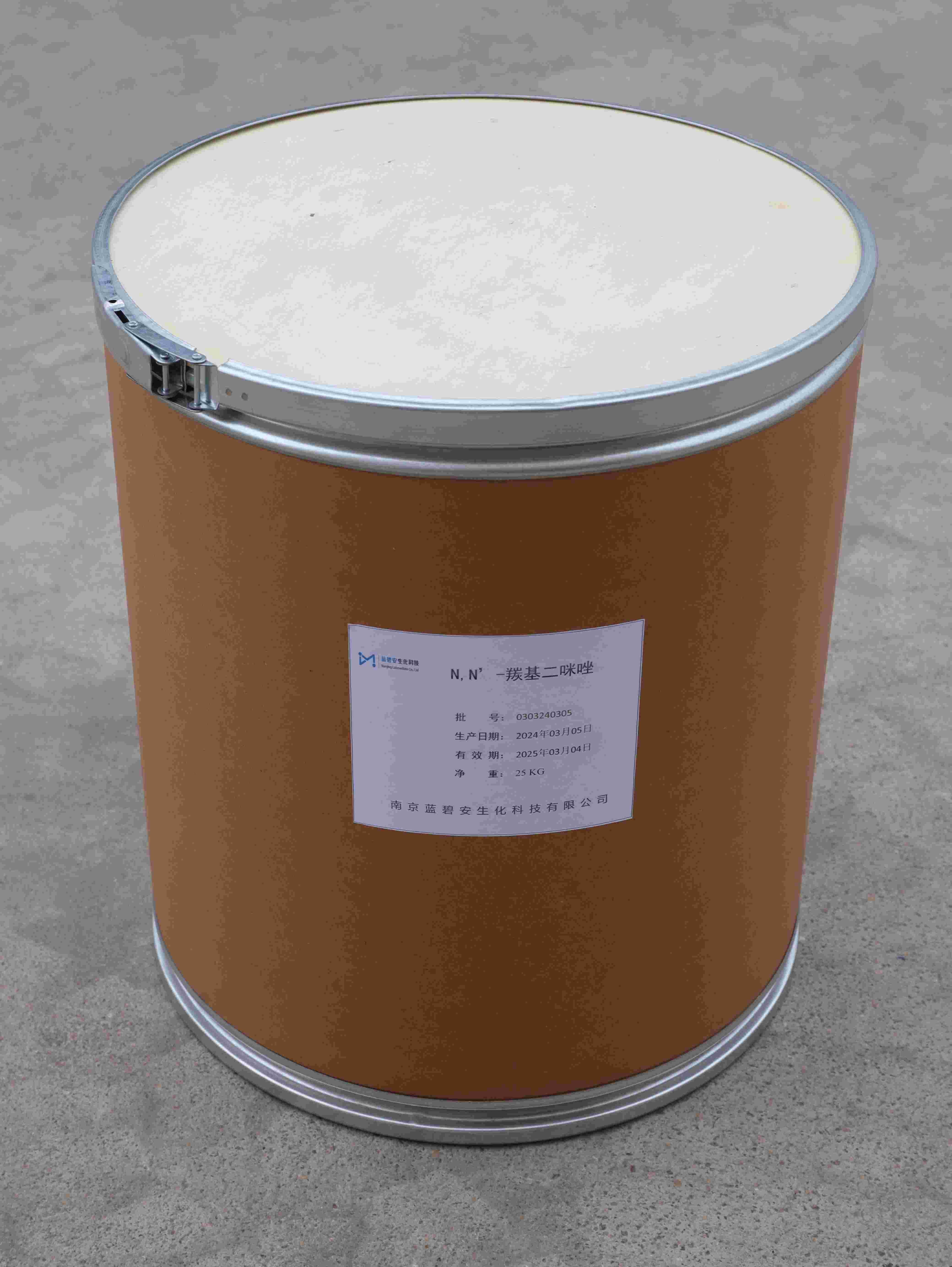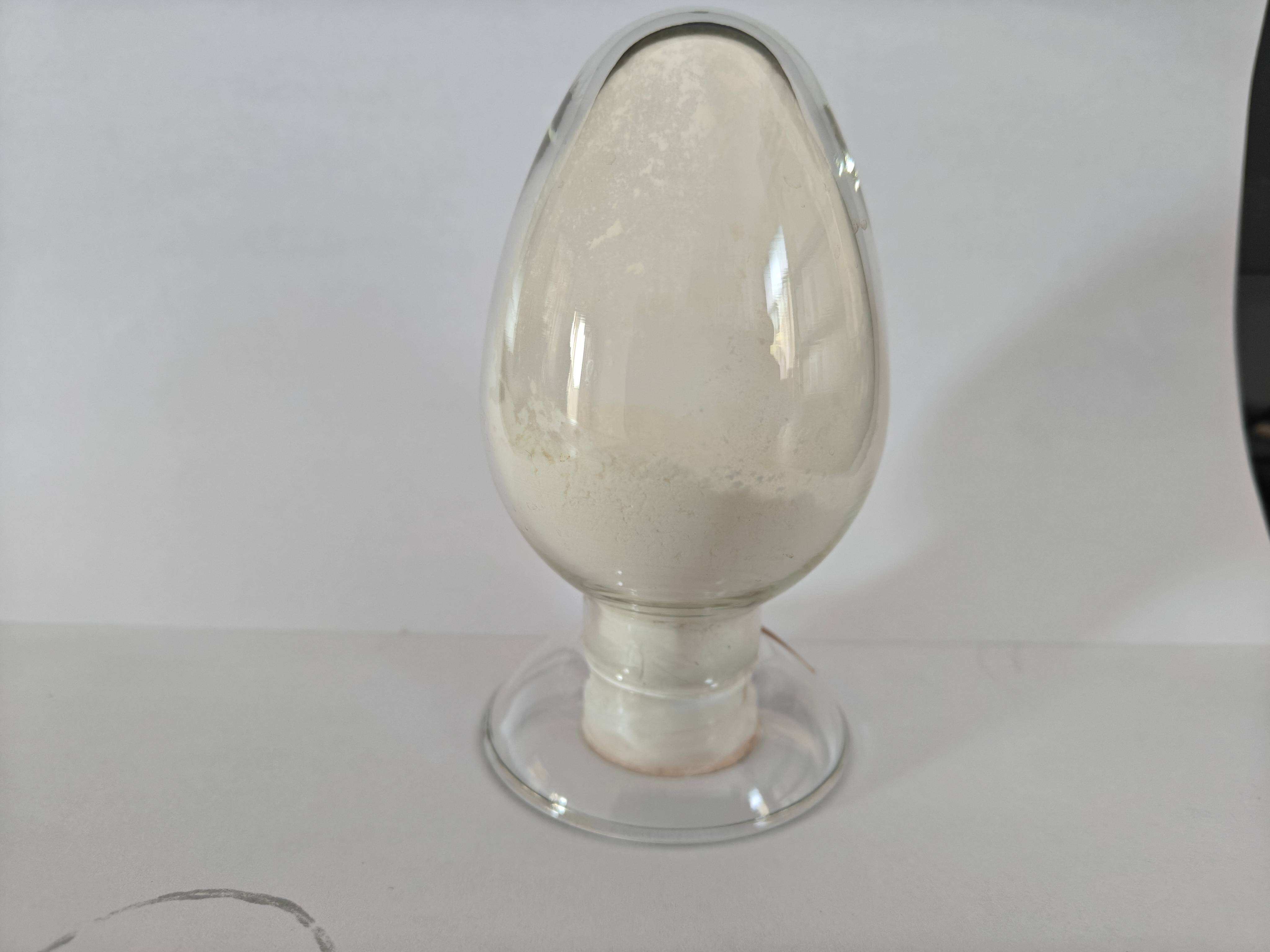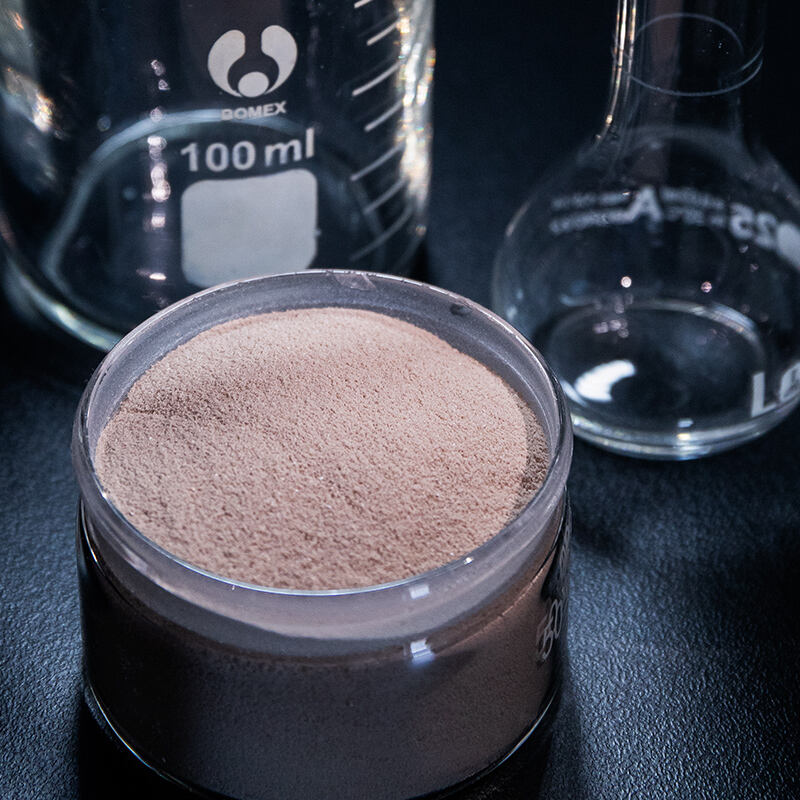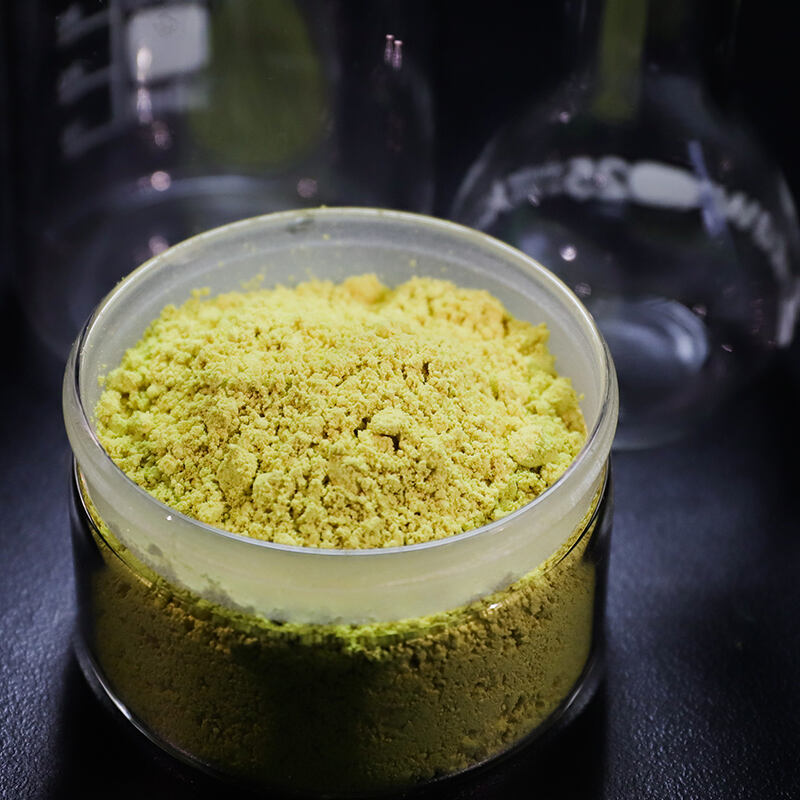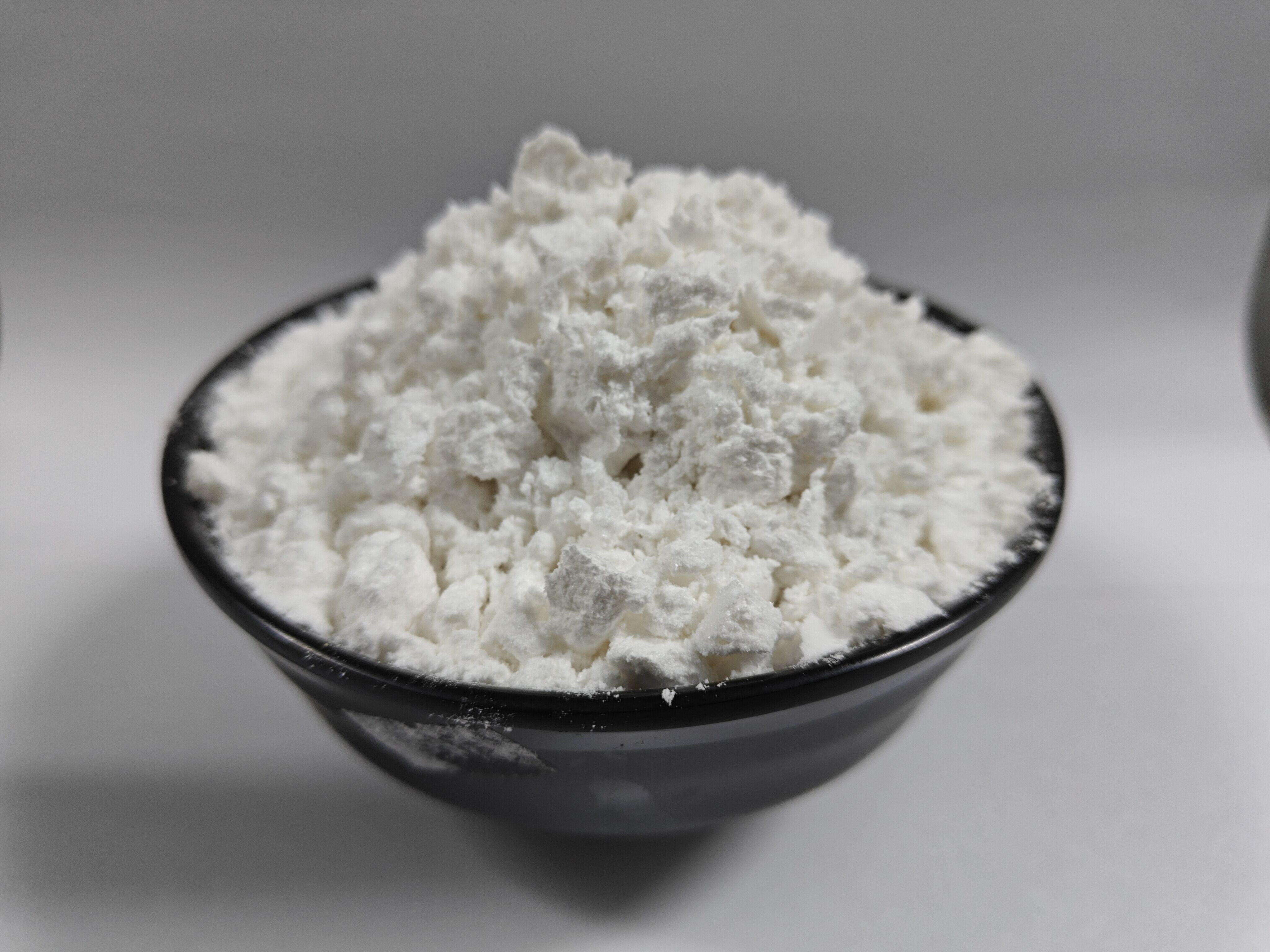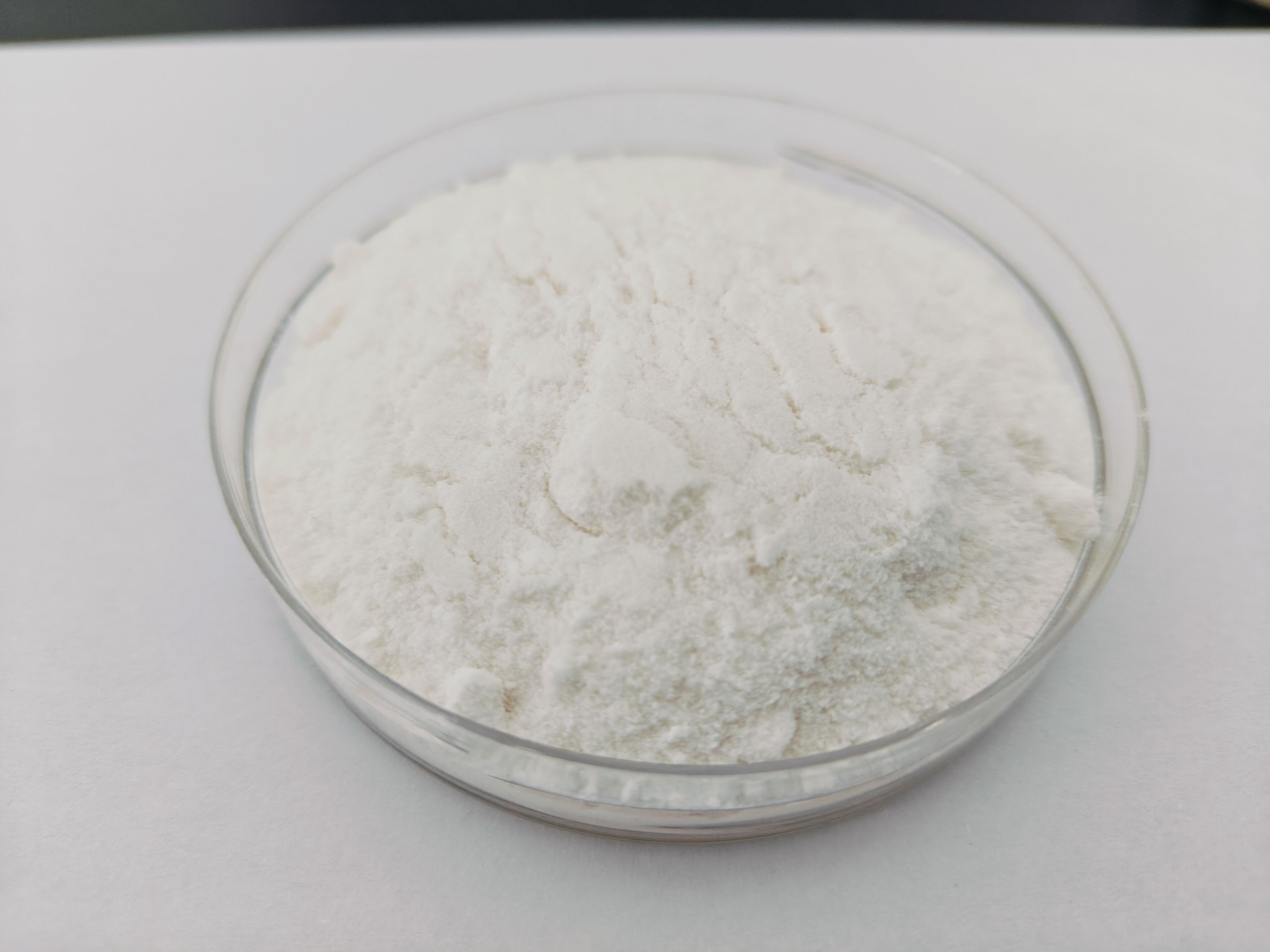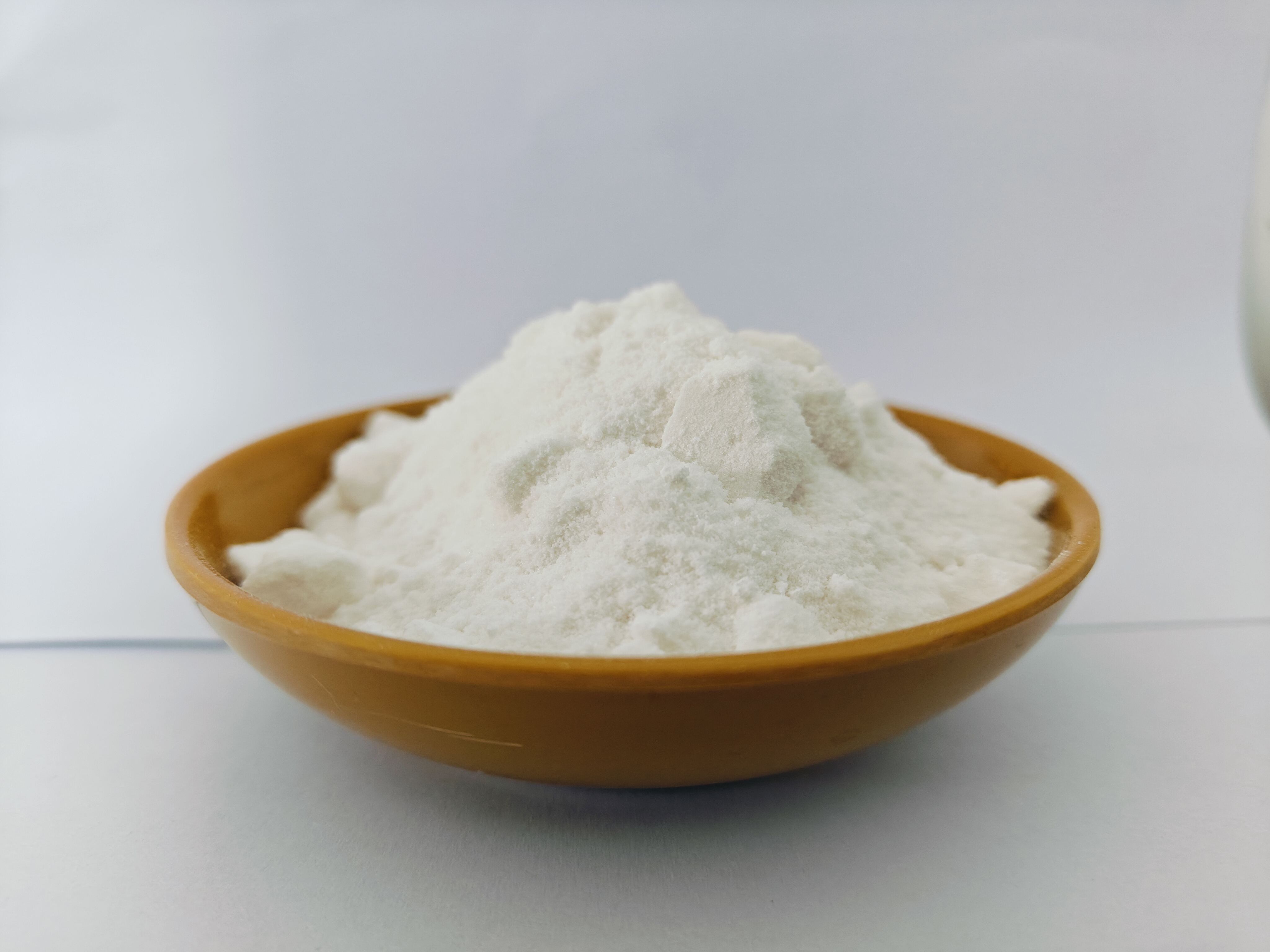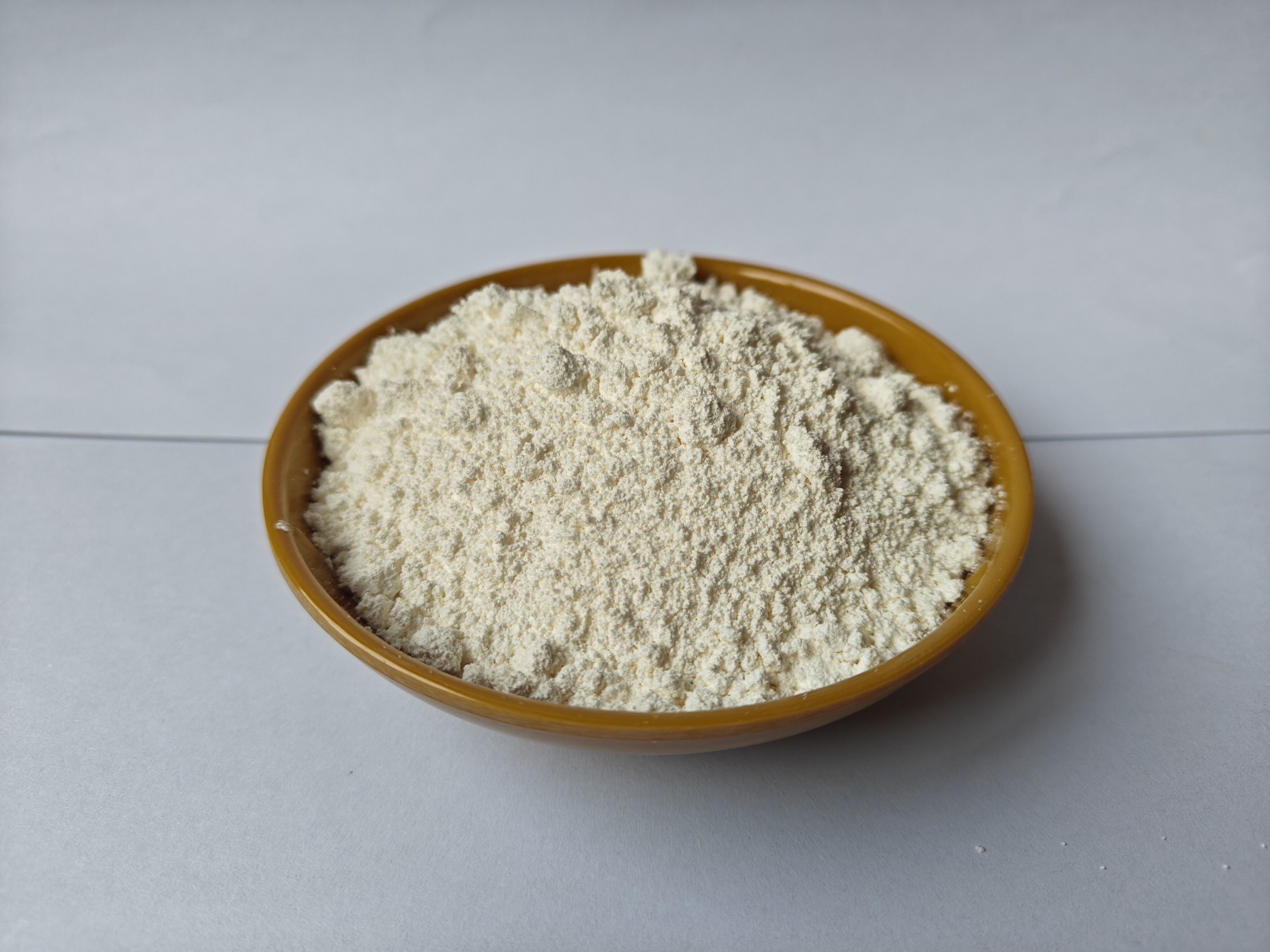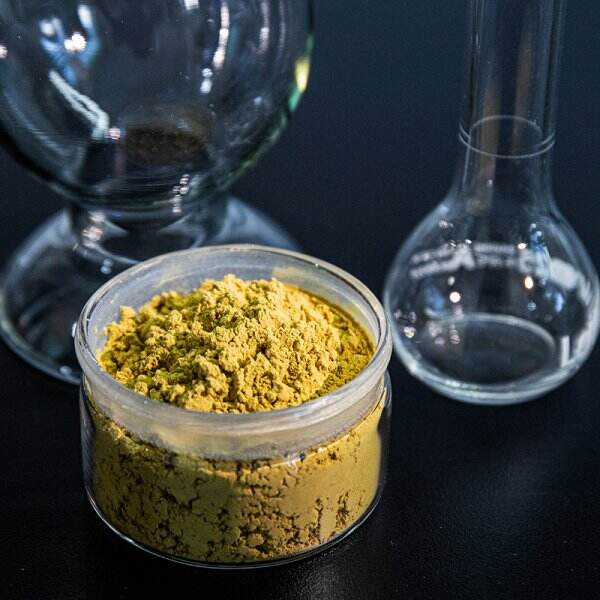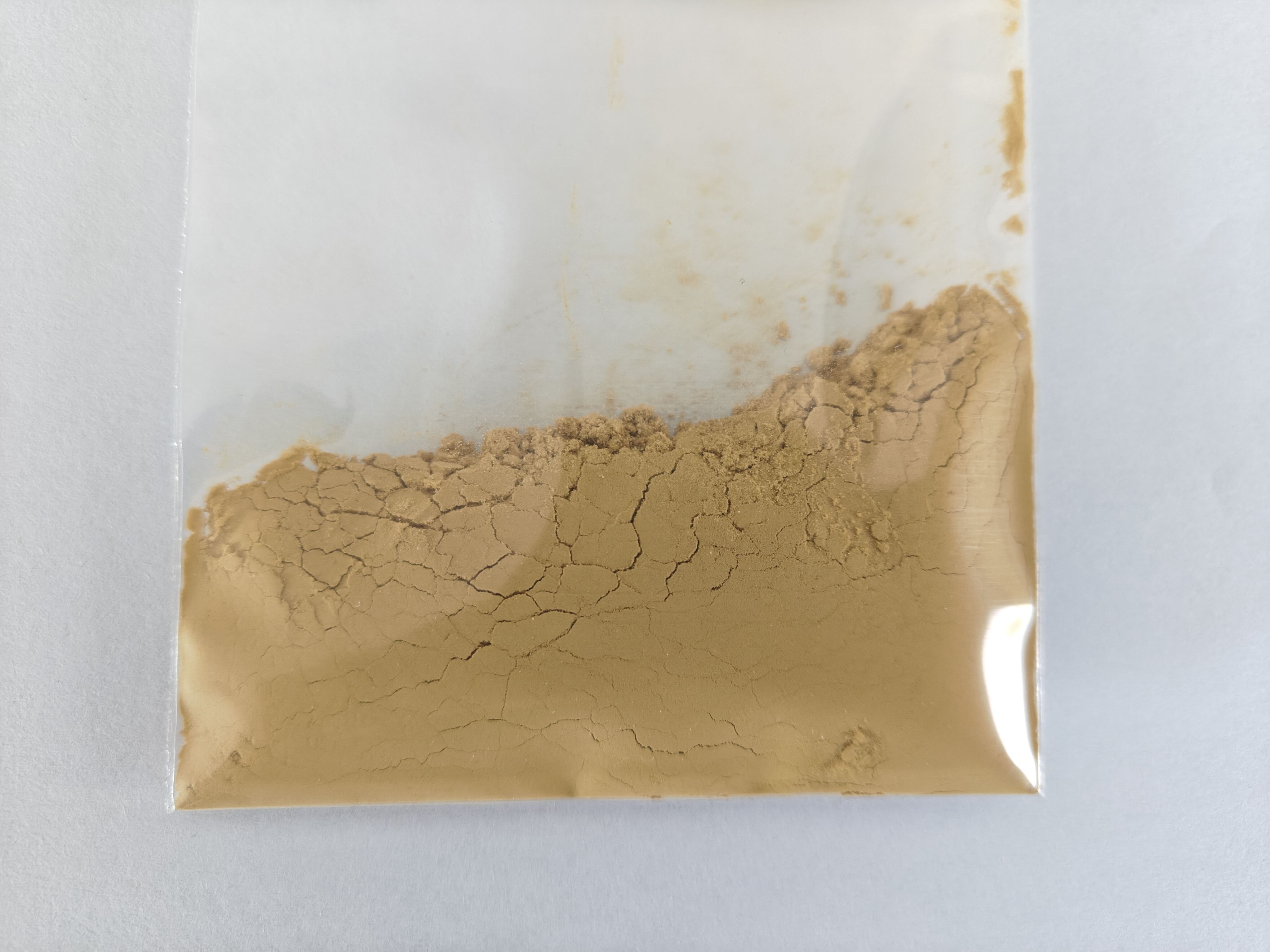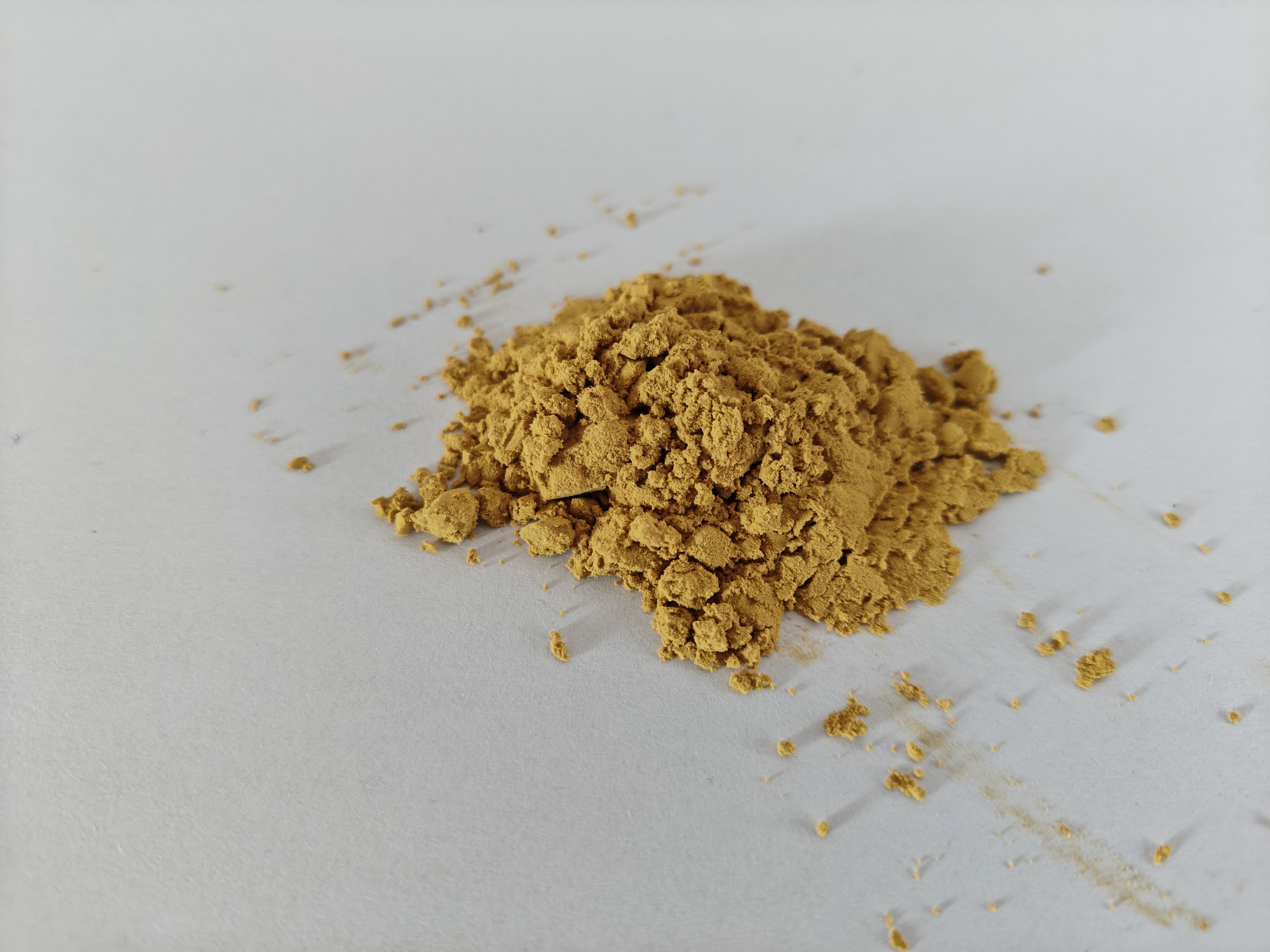usine de tppbq
L'usine tppbq représente une installation de fabrication de pointe spécialisée dans la production de composants conçus avec précision et des solutions d'automatisation avancées. Ce complexe ultramoderne s'étend sur 50 000 mètres carrés, intégrant les principes de fabrication intelligente et les technologies de l'Industrie 4.0. L'installation comprend plusieurs lignes de production équipées de robots avancés et de systèmes de contrôle qualité pilotés par l'IA, permettant des opérations 24/7 avec une intervention humaine minimale. Au cœur de l'usine tppbq, des méthodologies de production innovantes sont utilisées, combinant des systèmes de fabrication flexibles avec des capacités de suivi en temps réel. L'installation excelle dans la production de composants à haute précision pour divers secteurs, y compris l'automobile, l'aéronautique et l'électronique. Ses systèmes avancés de manutention des matériaux et ses solutions de stockage automatisées assurent une gestion efficace des inventaires et un traitement rapide des commandes. Le système intelligent de gestion de l'énergie de l'usine optimise la consommation des ressources, tandis que ses protocoles intégrés de garantie de la qualité maintiennent des normes de production constamment élevées. En se concentrant sur des pratiques de fabrication durables, l'installation met en œuvre des stratégies de réduction des déchets et utilise des sources d'énergie renouvelable lorsque cela est possible. La conception modulaire de l'usine tppbq permet une reconfiguration rapide des lignes de production, s'adaptant rapidement aux exigences du marché changeant et aux spécifications des clients.

